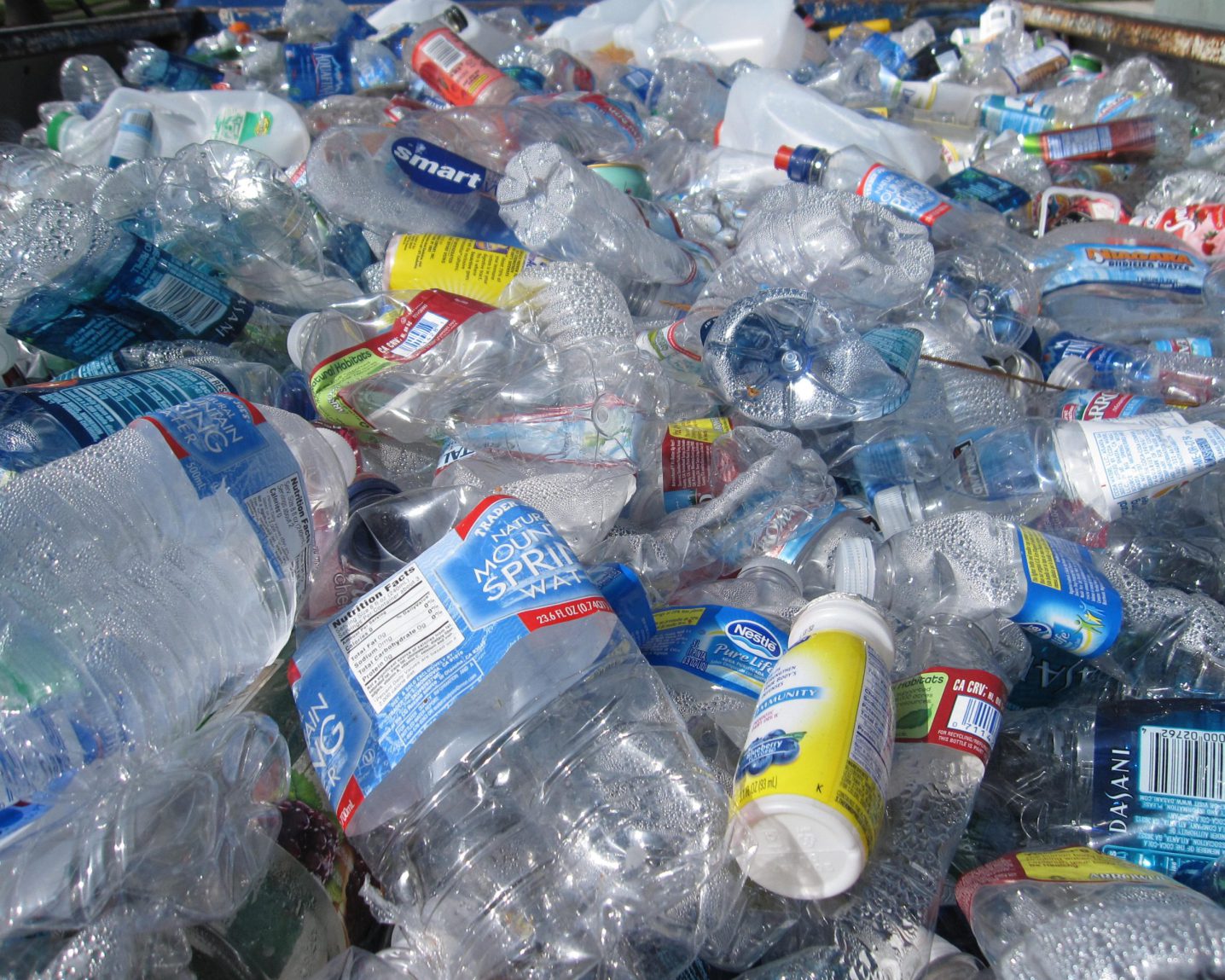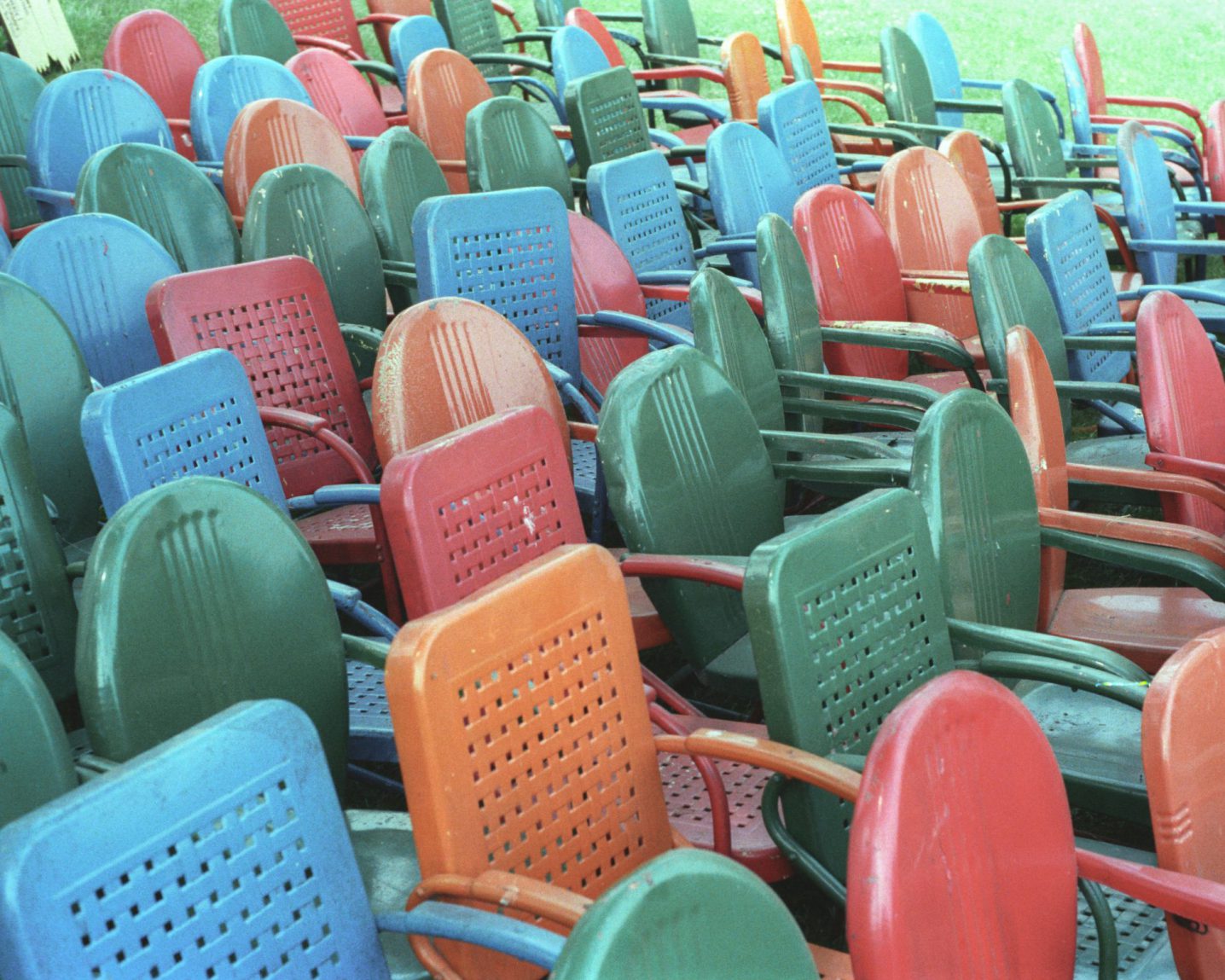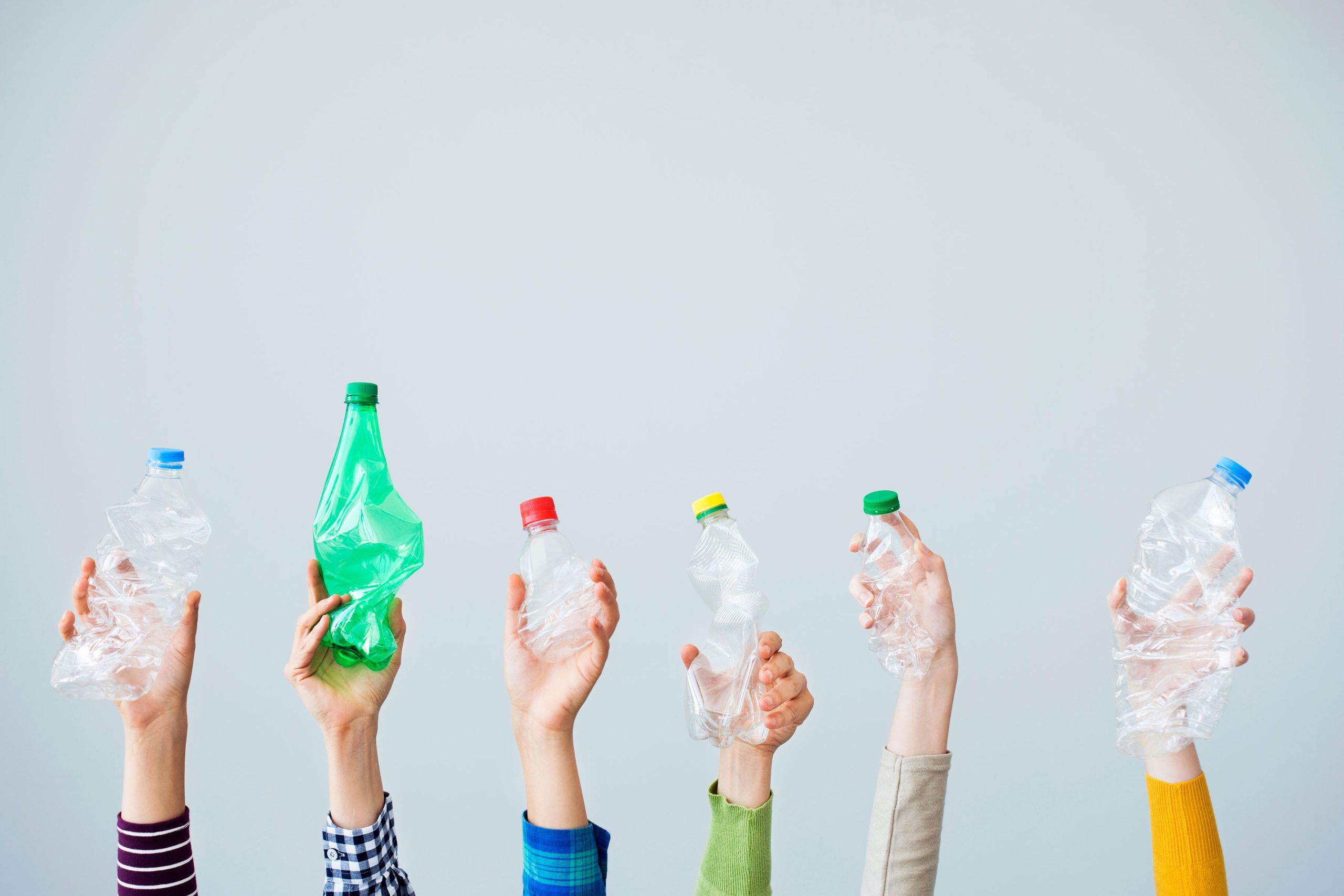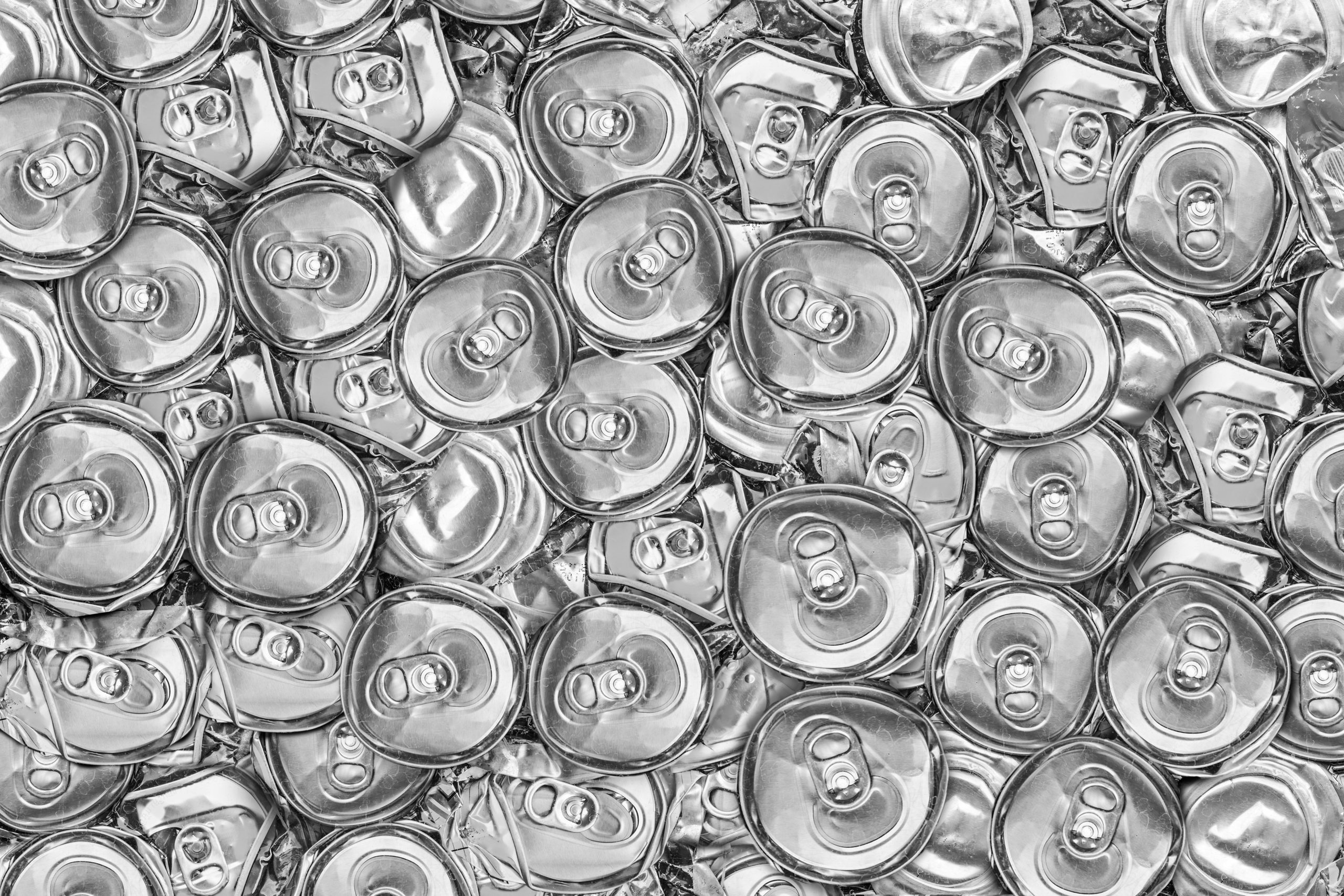The Acceleration Table for Chemical Recycling of Plastics (VTCR)
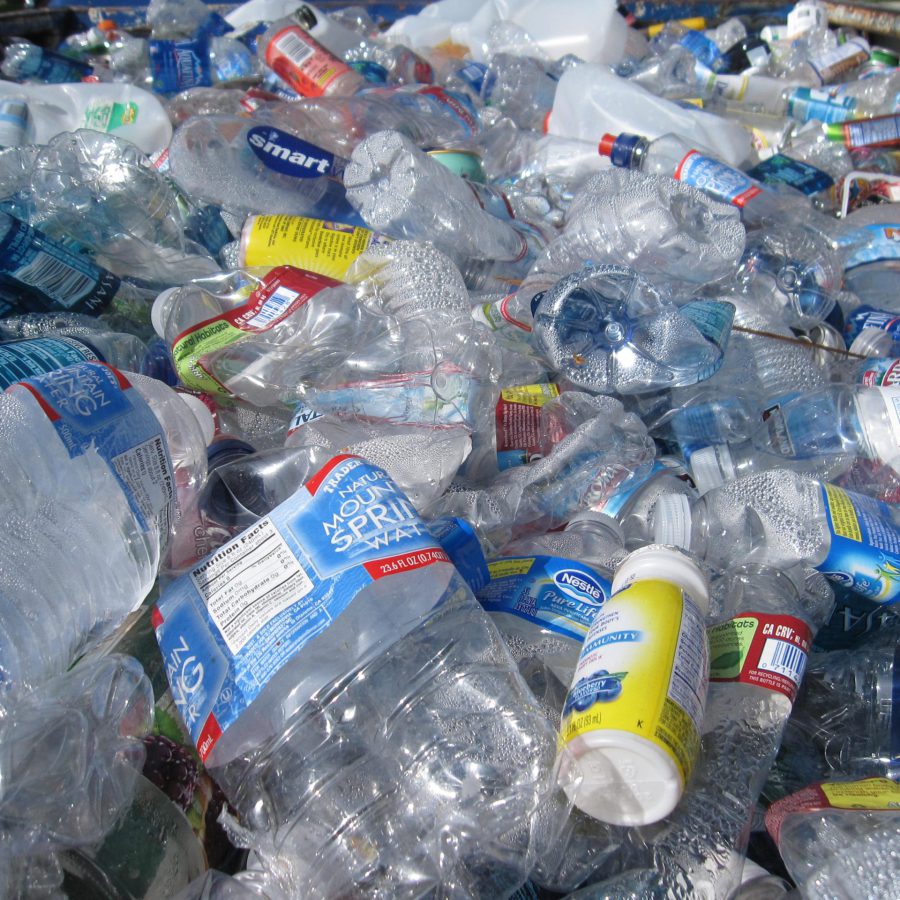

The Acceleration Table for Chemical Recycling of Plastics (VTCR) is a public-private partnership between 13 Dutch industrial companies and the Dutch government. Rebel facilitates the VTCR, together with VNO-NCW.
Chemical recycling is the generic term for several techniques that are intended to be capable of high-quality recycling of plastics. The VTCR started from the joint ambition of the Dutch government and VNO-NCW to improve the investment climate for chemical recycling. In collaboration, we develop knowledge and build capacity to take maximum advantage of the opportunities offered by chemical recycling. In this way, companies in the Netherlands can position themselves internationally as frontrunners and develop their competitiveness. The VTCR has been designated as a moonshot project of the Versnellingshuis Nederland Circulair. Achieving the ambitions set out in the Roadmap Chemical Recycling does not happen overnight. The Roadmap Chemische Recycling Kunststoffen 2030 NL identifies concrete action points to accelerate chemical recycling through 2030. Since drafting the Roadmap, the VTCR has engaged in numerous ways of knowledge development and -exchange.
In June 2023, the VTCR presented its whitepaper on Chemical Recycling. This paper offers insights into the position of chemical recycling within the recycling landscape and contains a series of concrete recommendations for the coming years, focused on what is needed to exploit this potential.
Read the summary of the whitepaper here:
Read the full whitepaper (in Dutch) here:
December 14, 2023
What is the expected supply and demand for plastic waste in the Netherlands and how will this likely develop until 2030? What (suggested) policies impact the waste supply and demand, and import and export dynamics? Based on this, what needs to happen to move the Dutch plastics economy towards a more circular direction? These were the central questions in a market study conducted by KPMG called “Plastic feedstock for recycling in the Netherlands”, commissioned by the Koninklijke Vereniging van de Nederlandse Chemische Industrie (VNCI), Vereniging Afvalbedrijven (VA), Plastics Europe NL, and the Acceleration Table for Chemical Recycling of Plastics (Versnellingstafel Chemische Recycling).
June 27, 2023
The chemical recycling market is developing and moving fast. Several projects are developing their technology and getting capacity operational. But where exactly are we as a market? To what extent are parties succeeding in realizing – and then scaling up – their plans? And what risks and opportunities do they see? These questions were in focus on June 27, 2023, during a new webinar of the Acceleration Table for Chemical Recycling (Versnellingstafel Chemische Recycling). During this webinar, Rebel presented the results of their annual survey of chemical recycling projects in the Netherlands.
February 2, 2023
Europe is interfering more and more emphatically in the discussion of raw materials. But what specific policies and legislation can we now expect? How will these plans affect the landscape for chemical recycling in the Netherlands? And how do chain parties such as project owners and brand owners see their role in the chain changing? These questions took center stage on Thursday, Feb. 2, during the first webinar of the 2023 Chemical Plastics Recycling Acceleration Table.
(in Dutch)
July 6, 2022
Chemical Recycling is hot – and rightly so: after all, this promising technology could eventually ensure that we need far fewer fossil resources to make new plastics. But then you have to have enough discarded plastics at your disposal. Where do you get those from? And are there enough waste plastics available to utilize the full potential of chemical recycling? These questions were the focus of the second webinar of the Versnellingstafel Chemische Recycling on July 6.
(in Dutch)
